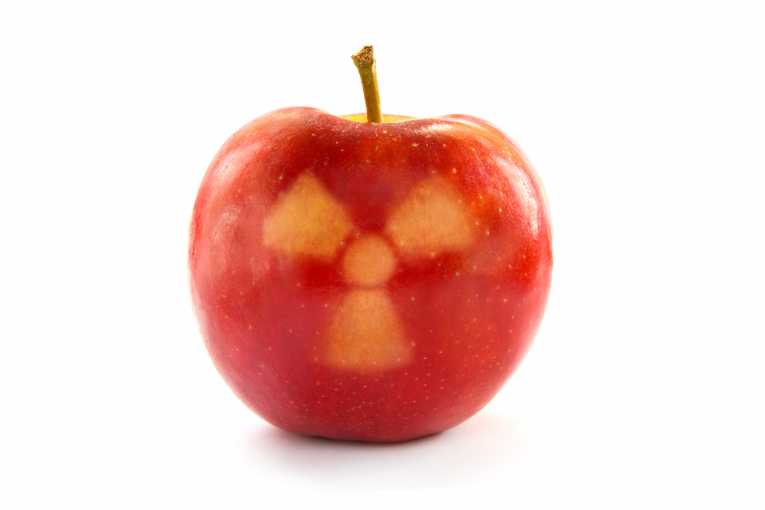Intense radiation exposure can be very nasty. High doses can penetrate the body like an X-ray and can attack very quickly. A large exposure over a short period can cause burns and radiation sickness. It also significantly increases the risk of cancer.
Symptoms of radiation sickness include nausea, weakness, hair loss, skin burns and reduced organ function. If doses are very large, the result can be premature ageing or death.
What is not always realised is that everyone is exposed to small amounts of radiation every day, simply by living on the planet Earth. Exposure is measured in millisieverts and the annual average can range between 1 and 10 millisieverts, depending on where you live. Some places simply have more natural radiation than others.
There is no denying that excessive amounts of radiation exposure can be very serious. Experts are currently extremely worried about the 300 or so workers at the damaged Fukushima nuclear power plant where radiation exposure from time to time has reached dangerous levels. The general opinion is that these levels have been high enough to cause radiation sickness among these workers, who have at times been exposed to 400 millisieverts and hour.
The risks of radiation exposure generally tend to be overestimated, possibly because of its links with cancer. Many people in Tokyo, 150 miles away, got very scared and started leaving the city when they learnt that radiation readings had climbed to ten times above normal.
In fact levels had only risen to 0.809 microsieverts per hour, which is about a tenth of the level of a chest X-ray or a CT scan, both of which many Japanese undergo as part of their regular health monitoring programmes.
It's not only in Japan that people have been worried. It is reported that people as far away as America's Mid-West have been calling public health officials in a state of panic, trying to get potassium iodide pills to protect them from radiation. Actually, unless there is a real risk of radiation, taking these pills are not a lot of use and could possibly do more harm than good, but people can be quite irrational at times.
For the general population in Japan the main cause for concern is from radioactive particles that are carried up into the air and fall to the ground as dust or are taken up by plants and animals. The concern is that radioactive particles will get into the body by breathing, eating or drinking.
To avoid this, people have taken to wearing facemasks and a contamination zone has been set up. Those living very near have been evacuated, but those between 12 and 19 miles away have been told to stay indoors and to avoid food and drink that could possibly be contaminated.
So the general advice from the authorities is that unless you live very close to the disaster zone you really have very little to worry about. The trouble is that many Japanese no longer fully trust what they are being told.










